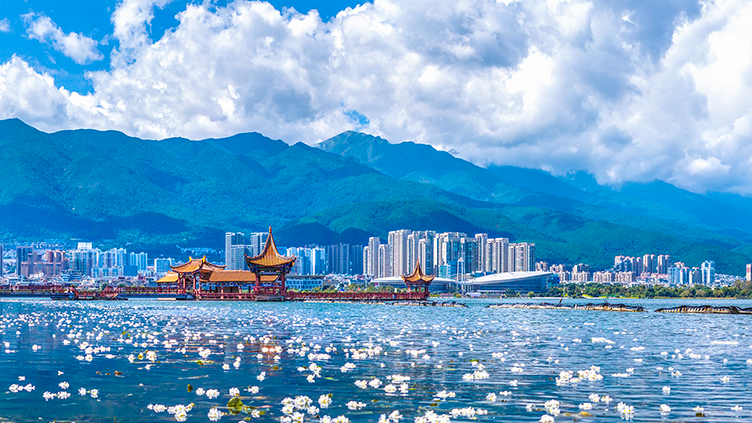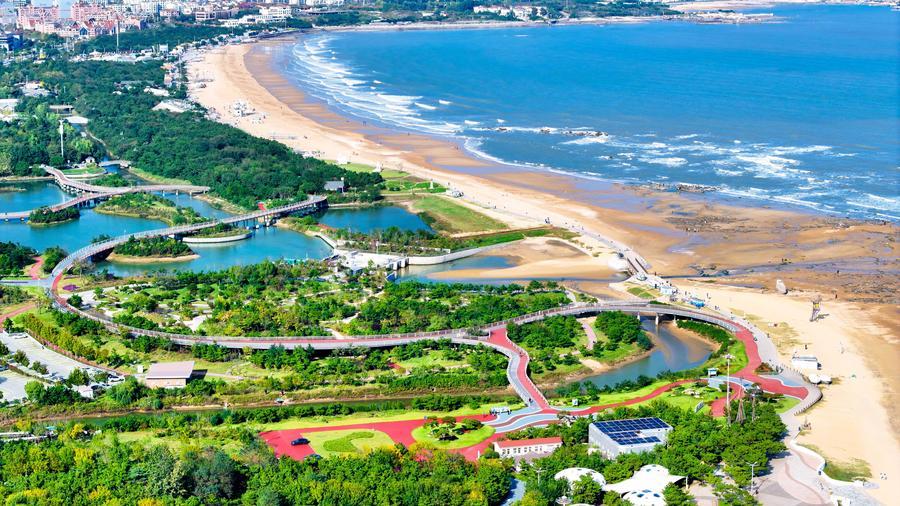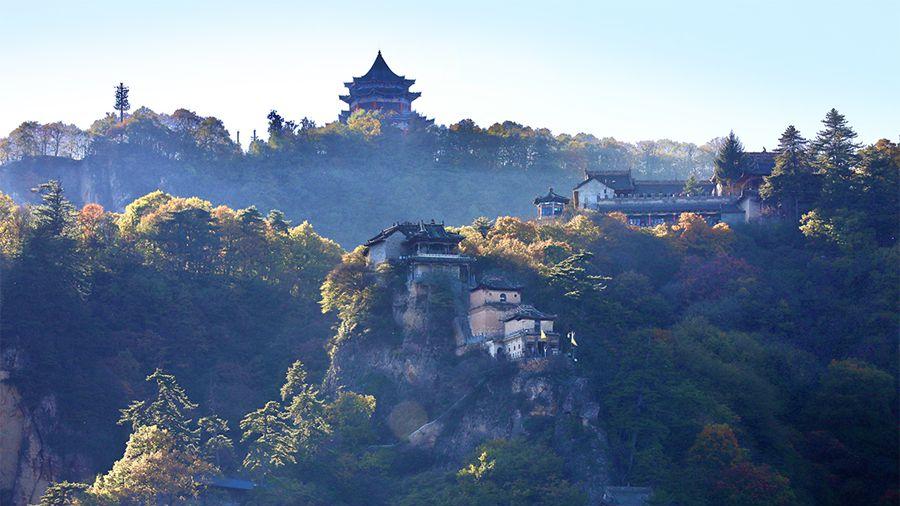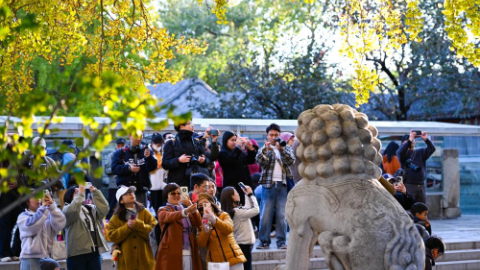The wake-up call has already sounded for 'Taiwan independence' separatists
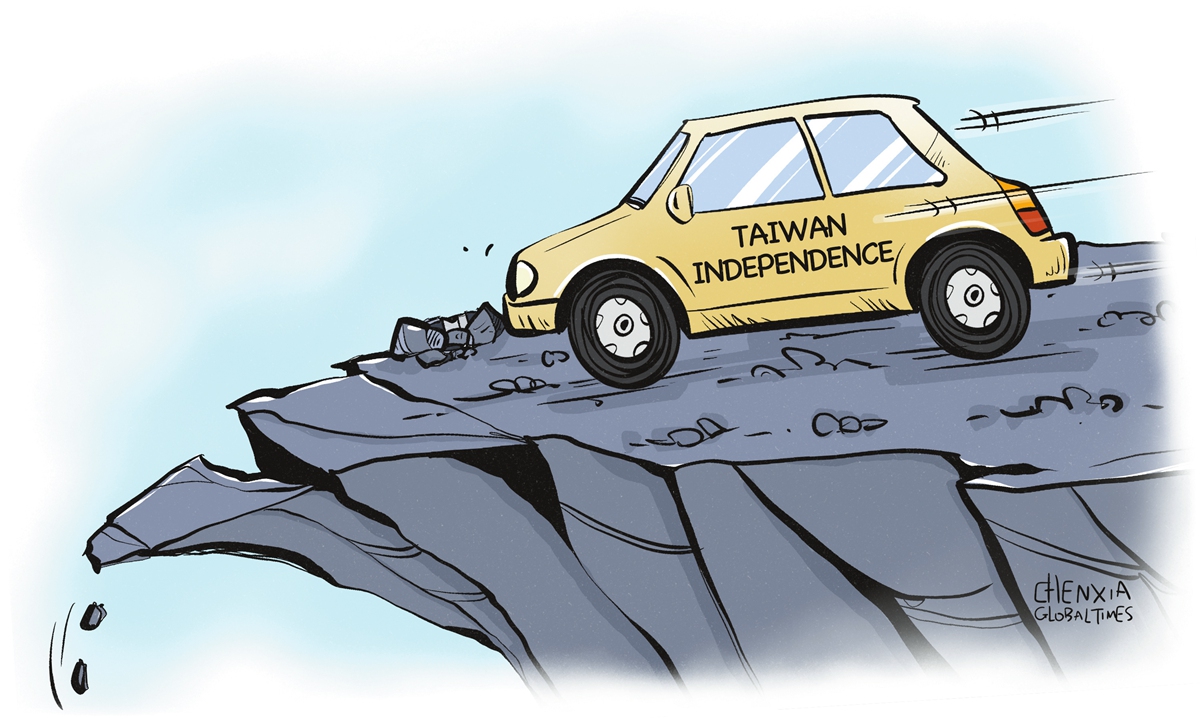
Illustration: Chen Xia/GT
A clear trend is taking shape. The Chinese mainland is moving more decisively to punish "Taiwan independence" separatists, while in the US, a growing chorus is advocating a sober, reality-based reassessment of the Taiwan question. For the separatists still lost in their fantasies, the wake-up call has already sounded.
A police probe against "Taiwan independence" separatist Shen Pao-yang over secession charges is a just and necessary move to safeguard national unity, a spokesperson for China's State Council Taiwan Affairs Office said on Tuesday. Chen Binhua, the spokesperson, made the statement after police in Chongqing announced that they had launched a criminal investigation against Shen over his suspected acts of secession, including initiating and establishing the separatist organization, the Kuma Academy.
In the past, China published lists of diehard "Taiwan independence" separatists, but the move was largely a political warning. This time, however, the decision to open a formal criminal probe against Shen marks a turning point, experts noted, emphasizing that it reflects a shift in actions against diehard separatists - from political warning to legal enforcement.
Ironically, just a day before the probe was announced, Shen was still busy on social media drumming up support for "Taiwan independence." He lashed out at US scholar Lyle Goldstein over his Time magazine article, "The U.S. Must Beware of Taiwan's Reckless Leader." Shen dismissed the piece as a "new narrative trap" advocating "Taiwan is not a core interest of the US." This, he claimed, was a rhetorical move meant to fuel the "abandon Taiwan" narrative and erode international support for the island.
The irony is that the US has never regarded Taiwan island as its core interest. To Washington, Taiwan island is merely a pawn - useful, expendable and negotiable. As Goldstein articulated, "Taiwan does not represent a vital US national security interest. It is not a treaty ally, nor are the various geostrategic or economic rationales to defend Taiwan enough to risk a potentially catastrophic great power war."
What Time magazine revealed is not a "new narrative trap," it's simply a return to US usual position. When US media now calls Taiwan leader "reckless," it echoes the term once used by Americans for former Taiwan leader Chen Shui-bian - "troublemaker."
Over the past few years, US hawks have stoked tensions, while Taiwan separatists have misread Washington's moves as a sign of the island's rising international standing. It was always an illusion. Now, as power dynamics shift and Washington realizes that using Taiwan island to contain China yields diminishing returns and rising risks, the US is gradually reverting to a more traditional, pragmatic stance. In short, the US is adjusting its China policy and reluctantly facing reality, Zheng Jian, a professor at the Taiwan Research Institute of Xiamen University, told the Global Times.
If Shen and his ilk insist on calling this stance "abandoning Taiwan," he may find that recent similar signals have been plentiful. Foreign Affairs published an article in February titled "The Taiwan Fixation," arguing that "American strategy shouldn't hinge on an unwinnable war." In March, Elbridge Colby, then the US president's nominee for undersecretary of defense for policy, articulated that Taiwan is not an "existential" US interest.
The DPP should recognize the signals. Each time the "Taiwan independence" separatists provoke, the mainland's countermeasures advance a step with increasing intensity. That's a signal. The Communique of the Fourth Plenary Session of the 20th Central Committee of the Communist Party of China also made it clear: China will promote the peaceful development of relations across the Taiwan Straits and advance the cause of national reunification. That's another signal.
The most important signal is: The Chinese mainland has always upheld that compatriots on both sides of the Taiwan Straits are one family. As the mainland has emphasized, after peaceful reunification, Taiwan will enjoy stronger economic growth, greater energy and resource security, improved infrastructure, enhanced public safety, broader international engagement, and better protection of livelihoods. The only viable path for the island lies in national reunification, where compatriots on both sides join hands to build a shared future.
Photos
Related Stories
- 'Silent Honor' consultant reveals more historical facts about martyr Wu Shi, highlighting the best comfort is reunion
- Observers worldwide applaud designation of Commemoration Day of Taiwan's Restoration
- The historical significance and global implications of Taiwan's restoration to China
- Exhibition on history of Taiwan compatriots' resistance against Japanese aggression held in Beijing
- China honors first Commemoration Day of Taiwan's Restoration
- China commemorates 80th anniversary of Taiwan's restoration, pooling strength for reunification
Copyright © 2025 People's Daily Online. All Rights Reserved.






